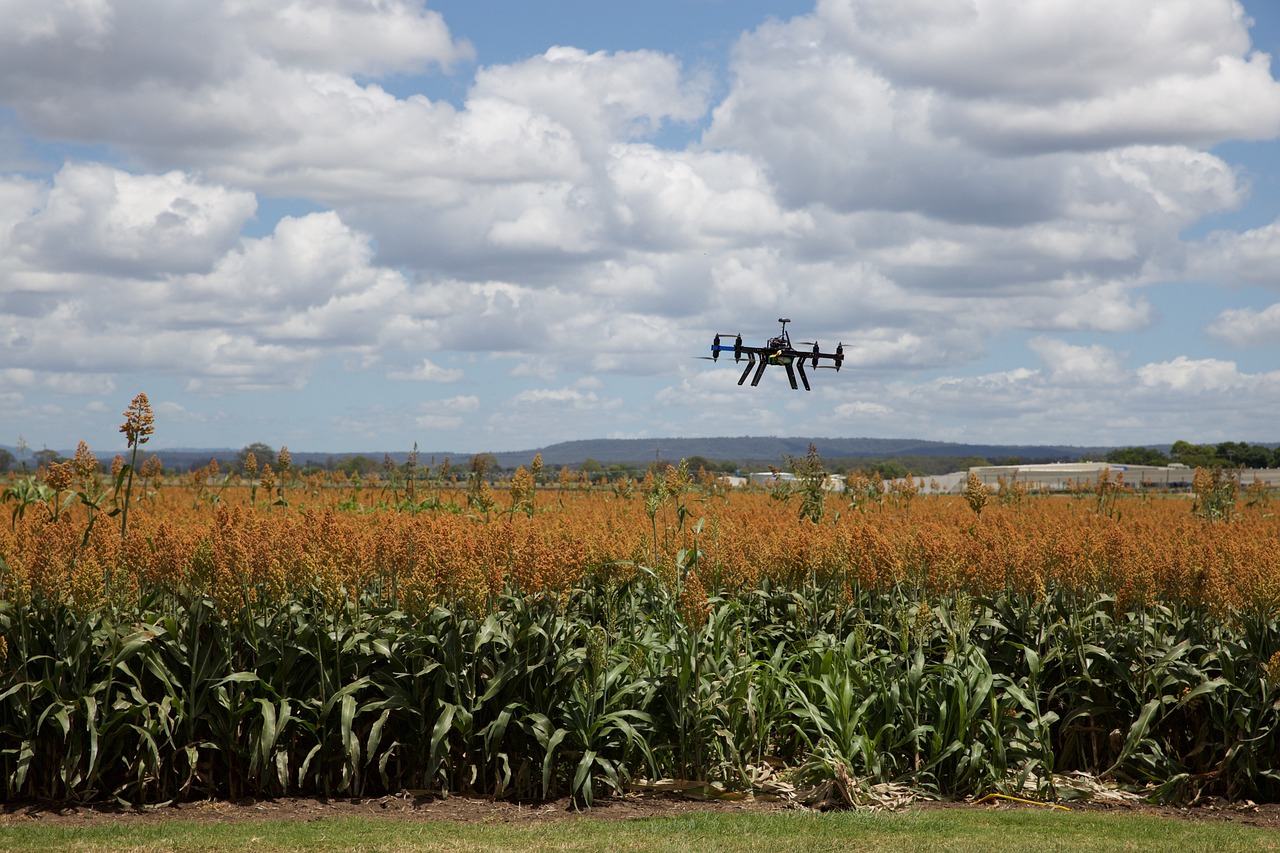Electrifying Agriculture: The Role of Electrical Engineering in Modern Farming
Introduction:
In the heartland of innovation, where technology meets tradition, a quiet revolution is unfolding in the fields. Electrical engineering, once confined to the realm of circuits and currents, is now cultivating the future of agriculture. This blog takes you through the electrifying world of modern farming, where electrical engineers are the unsung heroes behind the scenes.
The Farming Revolution: Precision Agriculture
Modern agriculture is undergoing a transformation, thanks to precision agriculture. This approach utilizes electrical engineering to optimize farming processes, enhancing crop yields while minimizing resource use.
Sensors and Data: A Dynamic Duo
At the core of precision agriculture are sensors that monitor everything from soil moisture to weather conditions. These sensors collect vast amounts of data, which is then processed to make real-time decisions. Electrical engineers have designed these data collection systems to be efficient and reliable.
Automated Farming Systems
Electrical engineers have taken automation to the fields. Automated farming systems employ robotics and AI to perform tasks like planting, harvesting, and weeding. These systems boost productivity and reduce the need for manual labor.
Energy Efficiency on the Farm
Agriculture consumes significant energy. Electrical engineers are developing energy-efficient solutions like solar-powered irrigation systems and smart grids for farms. These innovations not only reduce costs but also contribute to sustainability.
Data-Driven Decision Making
The wealth of data collected on farms is harnessed for data-driven decision making. Electrical engineers have created data analysis tools that help farmers make informed choices, from planting schedules to resource allocation.
Remote Farming: A Digital Revolution
Remote farming is now possible, thanks to connectivity and electrical engineering. Farmers can monitor and manage their operations from anywhere, making agriculture more flexible and efficient.
Challenges and Solutions
Despite the progress, challenges persist. Electrical engineers are working on addressing issues like data security, interoperability of systems, and the digital divide in rural areas.
The Future of Farming
The role of electrical engineering in agriculture is set to expand. As technology advances, farms will become smarter, more connected, and environmentally sustainable. The next generation of electrical engineers will continue to drive this transformation, ensuring that our plates are filled and our planet preserved.
Conclusion: A Bright and Bountiful Future
In the quiet hum of circuits and the glow of screens, electrical engineers are tilling the virtual soil of modern farming. The integration of electrical engineering in agriculture promises a future where farms are not just fields but intricate, data-driven ecosystems. As we celebrate the harvest of innovation, let's acknowledge the silent revolutionaries electrifying our fields, ensuring a greener, more abundant tomorrow.




Comments
Post a Comment